When it comes to choosing between organic and non-organic Medjool dates, the decision may seem simple on the surface. However, delving deeper into the differences between the two types of dates reveals a more complex and nuanced choice that can have significant implications for your health, the environment, and even the taste of this sweet fruit.
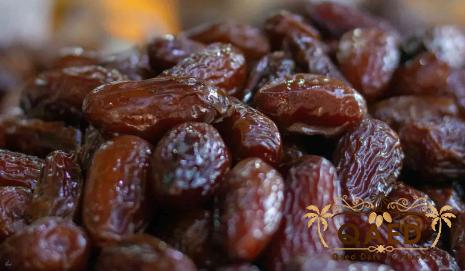
.
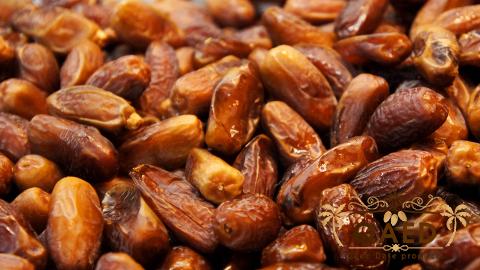 Let’s start by examining what sets organic and non-organic Medjool dates apart. Organic dates are grown without the use of synthetic pesticides, herbicides, or fertilizers. This means that the soil, water, and air in which organic dates are grown are free from potentially harmful chemicals that can find their way into the fruit. In contrast, non-organic dates are conventionally grown and may be exposed to a variety of synthetic chemicals throughout their cultivation. One of the primary reasons many people choose organic Medjool dates is to reduce their exposure to these agricultural chemicals. Studies have shown that organic produce, including dates, tends to have lower levels of pesticide residues compared to non-organic produce.
Let’s start by examining what sets organic and non-organic Medjool dates apart. Organic dates are grown without the use of synthetic pesticides, herbicides, or fertilizers. This means that the soil, water, and air in which organic dates are grown are free from potentially harmful chemicals that can find their way into the fruit. In contrast, non-organic dates are conventionally grown and may be exposed to a variety of synthetic chemicals throughout their cultivation. One of the primary reasons many people choose organic Medjool dates is to reduce their exposure to these agricultural chemicals. Studies have shown that organic produce, including dates, tends to have lower levels of pesticide residues compared to non-organic produce.
..
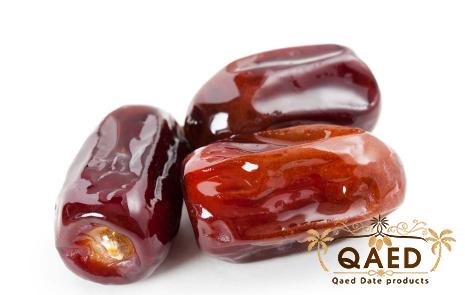 By choosing organic dates, you can minimize your intake of these potentially harmful substances, which have been linked to a range of health issues, including cancer, hormone disruption, and neurological problems. In addition to being better for your health, organic farming practices are also better for the environment. Organic agriculture focuses on building healthy soil, promoting biodiversity, and conserving water resources. By choosing organic Medjool dates, you are supporting farmers who are committed to sustainable and regenerative farming practices that protect the planet for future generations. But what about the taste? Some people believe that organic Medjool dates have a superior flavor compared to their non-organic counterparts. This is because organic farming methods can enhance the natural sweetness and richness of the fruit by allowing the date palms to thrive in nutrient-rich soil without the use of synthetic fertilizers. The result is a date that is bursting with flavor and complexity, making it a true delicacy for your taste buds. On the other hand, non-organic Medjool dates may still be delicious, but they could lack some of the depth and intensity of flavor that you can find in organic dates. This is not to say that all non-organic dates taste bad—many people enjoy the taste of conventionally grown dates—but if you are looking for the ultimate date-eating experience, organic Medjool dates might be the way to go. Of course, there is also the question of cost to consider. Organic Medjool dates are often more expensive than their non-organic counterparts due to the higher costs associated with organic farming practices. However, many people believe that the benefits of organic dates in terms of health, taste, and environmental impact far outweigh the extra cost. Think of it as an investment in your well-being and the health of the planet. In conclusion, when it comes to choosing between organic and non-organic Medjool dates, there are several factors to consider. Organic dates are grown without synthetic chemicals, making them a healthier choice for you and the environment. They also tend to have a more distinctive and intense flavor profile, offering a truly exceptional eating experience. While organic dates may be pricier, many people believe that the benefits they offer justify the cost. So next time you’re shopping for dates, consider going organic—you may just discover a whole new world of flavor and sustainability.
By choosing organic dates, you can minimize your intake of these potentially harmful substances, which have been linked to a range of health issues, including cancer, hormone disruption, and neurological problems. In addition to being better for your health, organic farming practices are also better for the environment. Organic agriculture focuses on building healthy soil, promoting biodiversity, and conserving water resources. By choosing organic Medjool dates, you are supporting farmers who are committed to sustainable and regenerative farming practices that protect the planet for future generations. But what about the taste? Some people believe that organic Medjool dates have a superior flavor compared to their non-organic counterparts. This is because organic farming methods can enhance the natural sweetness and richness of the fruit by allowing the date palms to thrive in nutrient-rich soil without the use of synthetic fertilizers. The result is a date that is bursting with flavor and complexity, making it a true delicacy for your taste buds. On the other hand, non-organic Medjool dates may still be delicious, but they could lack some of the depth and intensity of flavor that you can find in organic dates. This is not to say that all non-organic dates taste bad—many people enjoy the taste of conventionally grown dates—but if you are looking for the ultimate date-eating experience, organic Medjool dates might be the way to go. Of course, there is also the question of cost to consider. Organic Medjool dates are often more expensive than their non-organic counterparts due to the higher costs associated with organic farming practices. However, many people believe that the benefits of organic dates in terms of health, taste, and environmental impact far outweigh the extra cost. Think of it as an investment in your well-being and the health of the planet. In conclusion, when it comes to choosing between organic and non-organic Medjool dates, there are several factors to consider. Organic dates are grown without synthetic chemicals, making them a healthier choice for you and the environment. They also tend to have a more distinctive and intense flavor profile, offering a truly exceptional eating experience. While organic dates may be pricier, many people believe that the benefits they offer justify the cost. So next time you’re shopping for dates, consider going organic—you may just discover a whole new world of flavor and sustainability.
…
 Additionally, the nutritional content of organic versus non-organic Medjool dates is another key aspect to consider when making your choice. Organic farming practices can impact the nutrient profile of the fruit, potentially leading to differences in vitamins, minerals, and other beneficial compounds. Organic Medjool dates are often praised for their rich nutritional content. They are a good source of dietary fiber, which supports digestive health and helps keep you feeling full and satisfied. Dates are also packed with essential minerals such as potassium, magnesium, and copper, which play vital roles in maintaining healthy blood pressure, bone density, and energy production. Furthermore, organic farming methods may help preserve the natural antioxidants present in Medjool dates. Antioxidants are compounds that help protect your cells from damage caused by free radicals, which are unstable molecules that can contribute to diseases like cancer and heart disease. By choosing organic dates, you may be getting a higher concentration of these valuable antioxidants, making them an even more nutritious choice. On the other hand, non-organic dates may still provide some of these essential nutrients, but the use of synthetic chemicals in their cultivation could potentially impact their overall nutritional quality. Pesticide residues on the fruit may interfere with its natural nutrient content or even introduce harmful substances into your body. While the extent of these effects may vary, opting for organic dates can help ensure that you are getting the most nutritionally dense and uncontaminated fruit possible. When it comes to your health and well-being, every little choice you make can have a significant impact. By selecting organic Medjool dates over non-organic options, you are not only treating your taste buds to a more flavorful experience but also nourishing your body with a healthier and more nutrient-rich fruit. The decision to go organic is ultimately a personal one, but with all the benefits that organic dates have to offer—from improved health to enhanced flavor—it’s worth considering making the switch on your next date-buying adventure. In conclusion, whether you choose organic or non-organic Medjool dates, both options can be enjoyed as a nutritious and delicious addition to your diet. However, the choice to opt for organic dates goes beyond just personal preference—it can have far-reaching implications for your health, the environment, and the future of farming practices. Consider the factors of health, taste, environment, and nutrition when making your decision, and remember that each bite of an organic Medjool date is not just a treat for your taste buds but also a vote for a more sustainable and wholesome world.
Additionally, the nutritional content of organic versus non-organic Medjool dates is another key aspect to consider when making your choice. Organic farming practices can impact the nutrient profile of the fruit, potentially leading to differences in vitamins, minerals, and other beneficial compounds. Organic Medjool dates are often praised for their rich nutritional content. They are a good source of dietary fiber, which supports digestive health and helps keep you feeling full and satisfied. Dates are also packed with essential minerals such as potassium, magnesium, and copper, which play vital roles in maintaining healthy blood pressure, bone density, and energy production. Furthermore, organic farming methods may help preserve the natural antioxidants present in Medjool dates. Antioxidants are compounds that help protect your cells from damage caused by free radicals, which are unstable molecules that can contribute to diseases like cancer and heart disease. By choosing organic dates, you may be getting a higher concentration of these valuable antioxidants, making them an even more nutritious choice. On the other hand, non-organic dates may still provide some of these essential nutrients, but the use of synthetic chemicals in their cultivation could potentially impact their overall nutritional quality. Pesticide residues on the fruit may interfere with its natural nutrient content or even introduce harmful substances into your body. While the extent of these effects may vary, opting for organic dates can help ensure that you are getting the most nutritionally dense and uncontaminated fruit possible. When it comes to your health and well-being, every little choice you make can have a significant impact. By selecting organic Medjool dates over non-organic options, you are not only treating your taste buds to a more flavorful experience but also nourishing your body with a healthier and more nutrient-rich fruit. The decision to go organic is ultimately a personal one, but with all the benefits that organic dates have to offer—from improved health to enhanced flavor—it’s worth considering making the switch on your next date-buying adventure. In conclusion, whether you choose organic or non-organic Medjool dates, both options can be enjoyed as a nutritious and delicious addition to your diet. However, the choice to opt for organic dates goes beyond just personal preference—it can have far-reaching implications for your health, the environment, and the future of farming practices. Consider the factors of health, taste, environment, and nutrition when making your decision, and remember that each bite of an organic Medjool date is not just a treat for your taste buds but also a vote for a more sustainable and wholesome world.

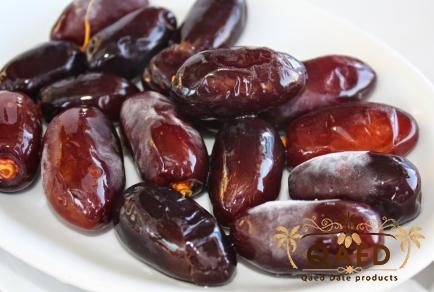
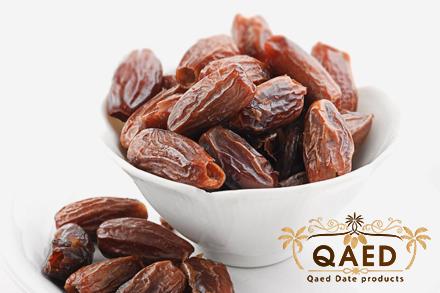
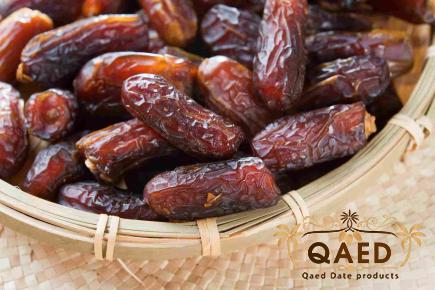
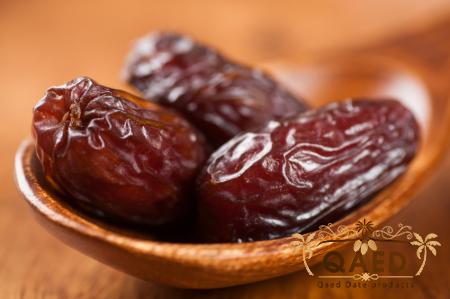

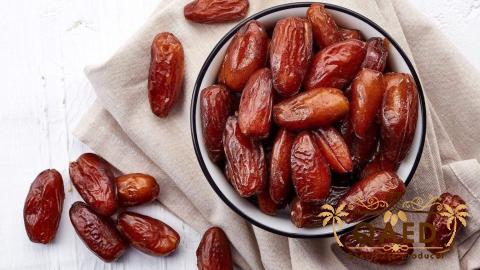


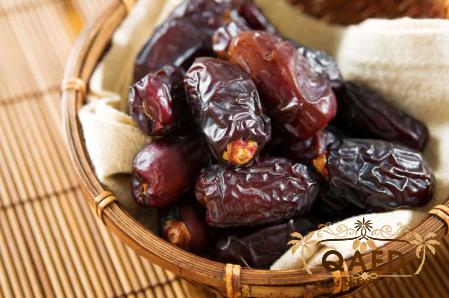
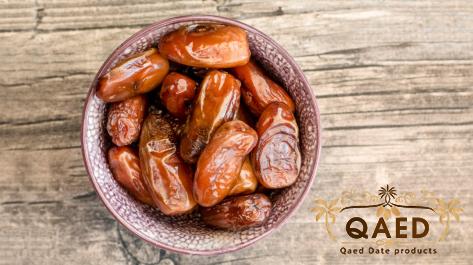
Your comment submitted.